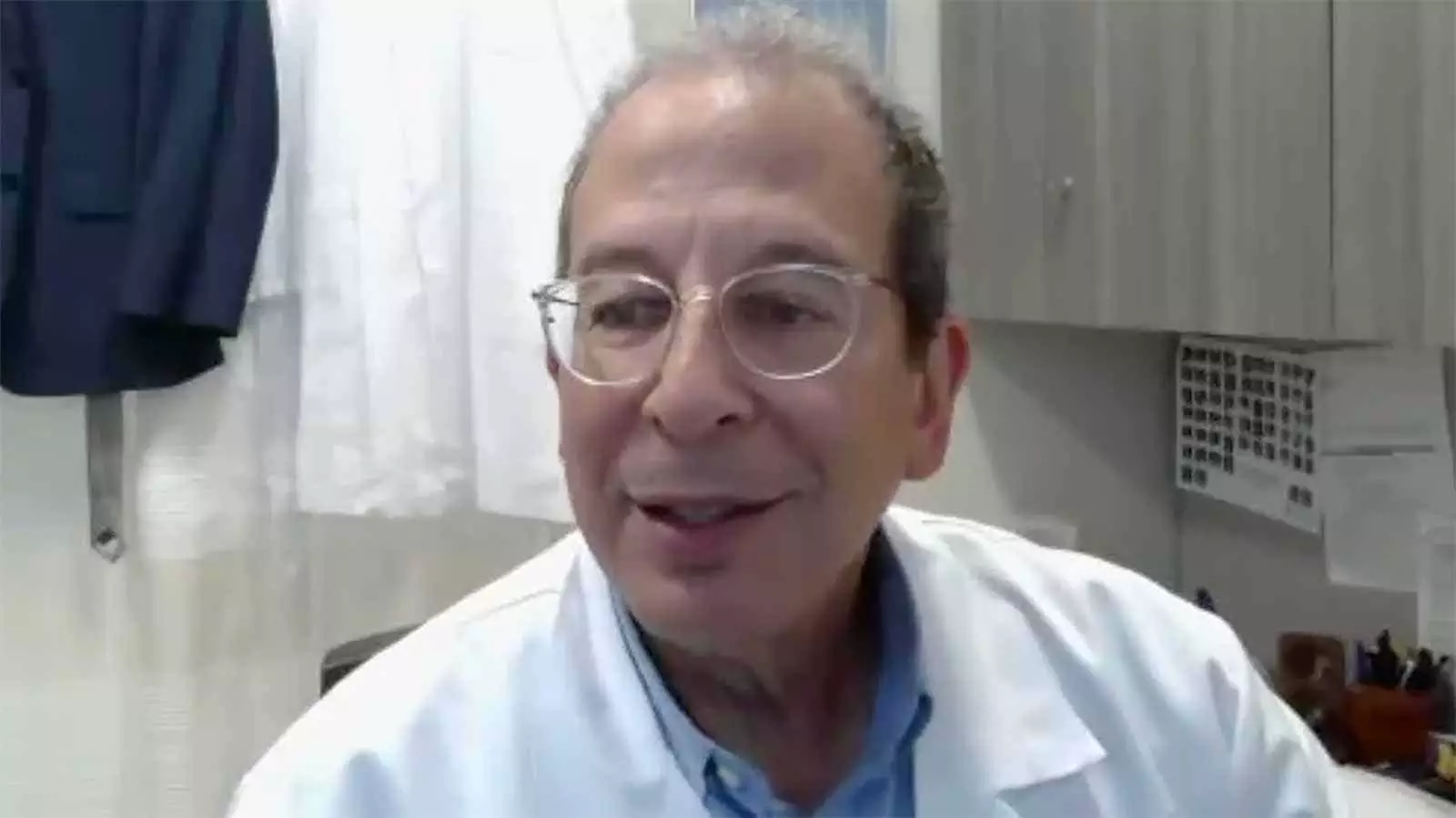A recent study presented at the American Society of Clinical Oncology (ASCO) meeting highlighted the potential of liposomal gemcitabine in combination with pembrolizumab for the treatment of advanced solid tumors. Dr. Charles Farber, from Atlantic Hematology Oncology, delved into the feasibility and tolerability of this innovative therapy during the conference.
The use of liposomal gemcitabine represents a notable advancement in drug delivery techniques. By encapsulating gemcitabine in a liposome, its physical characteristics are altered, allowing it to target different tumors and reach inaccessible areas of the body. This innovative approach enhances the drug’s bioavailability and potentially overcomes resistance in tumors that have previously been unresponsive to traditional chemotherapy.
Incorporating pembrolizumab, a checkpoint inhibitor, into the treatment regimen further escalates the potential efficacy of the therapy. Checkpoint inhibitors have revolutionized cancer treatment by stimulating the immune system to fight cancer cells. The synergy between pembrolizumab and liposomal gemcitabine opens up new avenues for enhancing treatment outcomes in various malignancies, including lung and bladder cancer.
Potential Benefits and Feasibility
The phase II study discussed by Dr. Farber indicated that the combination therapy was well-tolerated by patients, paving the way for further exploration. While the primary focus was on establishing the treatment schedule and identifying any dose-limiting toxicities, the next phase of research aims to evaluate the treatment’s efficacy. Assessing tumor response rates and survival outcomes will provide valuable insights into the true potential of this novel approach.
The combination of liposomal gemcitabine and pembrolizumab showcases a promising strategy for treating advanced solid tumors. By leveraging innovative drug delivery mechanisms and harnessing the power of immune checkpoint inhibitors, this approach has the potential to transform cancer care and improve patient outcomes. As further research unfolds, the hope is to witness significant responses and improved survival rates, ushering in a new era in oncology treatment.


Leave a Reply